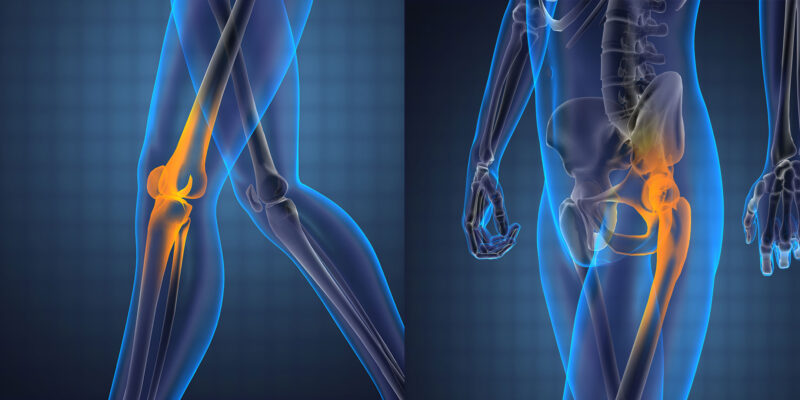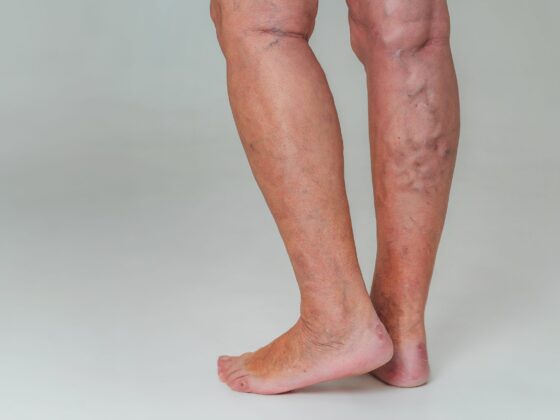Joint deformities or severely damaged joints may cause debilitating pain that may limit your mobility and the quality of your life. Suppose conservative therapies don’t provide the relief you deserve. In that case, the Southern Oregon Orthopedics & Paragon Orthopedic Center specialists may recommend Grants Pass joint replacement to restore the optimal functioning of your joint.
What should you know about joint replacement?
Joint replacement, medically known as arthroplasty, is a surgical procedure involving replacing a damaged joint with an artificial one. The prosthesis may be metal, heavy-duty plastic, or ceramic, but it looks and functions like your natural joint. The professional team at Southern Oregon Orthopedics & Paragon Orthopedic Center offers prostheses for joints in any body part. Still, the most short surgeries are knee and hip replacements. But if you have severely damaged joints in your elbow, wrist, or ankle, you can consult your specialist about joint replacement.
How can you benefit from joint replacement?
A joint contains several bones and soft tissues, such as protective cartilage that acts as a cushion to the ends of your bones, preventing friction and ligaments that support your joint. Your joints are responsible for most physical movements, making them prone to wear and tear, leading to pain and limited mobility.

As you age, having damaged joints increases due to wear and tear. Other disorders that may affect the functioning of your joints include rheumatoid arthritis, fractures, osteoarthritis, and deformities. If conservative therapies fail to provide the relief you need, the Southern Oregon Orthopedics & Paragon Orthopedic Center experts may recommend joint replacement surgery.
What happens during joint replacement surgery?
The team uses minimally invasive approaches to access the affected joint during your surgery. Before the procedure, the team administers anesthesia to prevent you from experiencing pain. Your surgeon removes the damaged bone and cartilage and replaces them with plastic, metal, or ceramic prosthetics. The team uses surgical glue, stitches, or staples to seal the incisions and wrap a bandage around the joint to keep it in place. The prosthetic allows you to move normally without pain or difficulty.
What should you expect during the recovery period?
Depending on the joint being replaced, you may need to remain at the hospital or go home the same day. Your provider may offer several instructions to promote recovery and prevent specific complications. You may need a loved one to drive you home after your doctor discharges you. A few days after your surgery, you may experience some pain that resolves. Your provider may advise you to avoid strenuous physical activities, elevate the replaced joint and follow the incision care instructions to promote recovery. The team may also recommend nonsteroidal anti-inflammatory drugs to relieve pain.

All surgeries have risks of complications, and arthroplasty is no exception. Some of the complications you may get include dislocation of the new joint, blood clots, joint stiffness, and instability.
Call the Southern Oregon Orthopedics & Paragon Orthopedic Center or book your spot online today to learn more about joint replacement.


